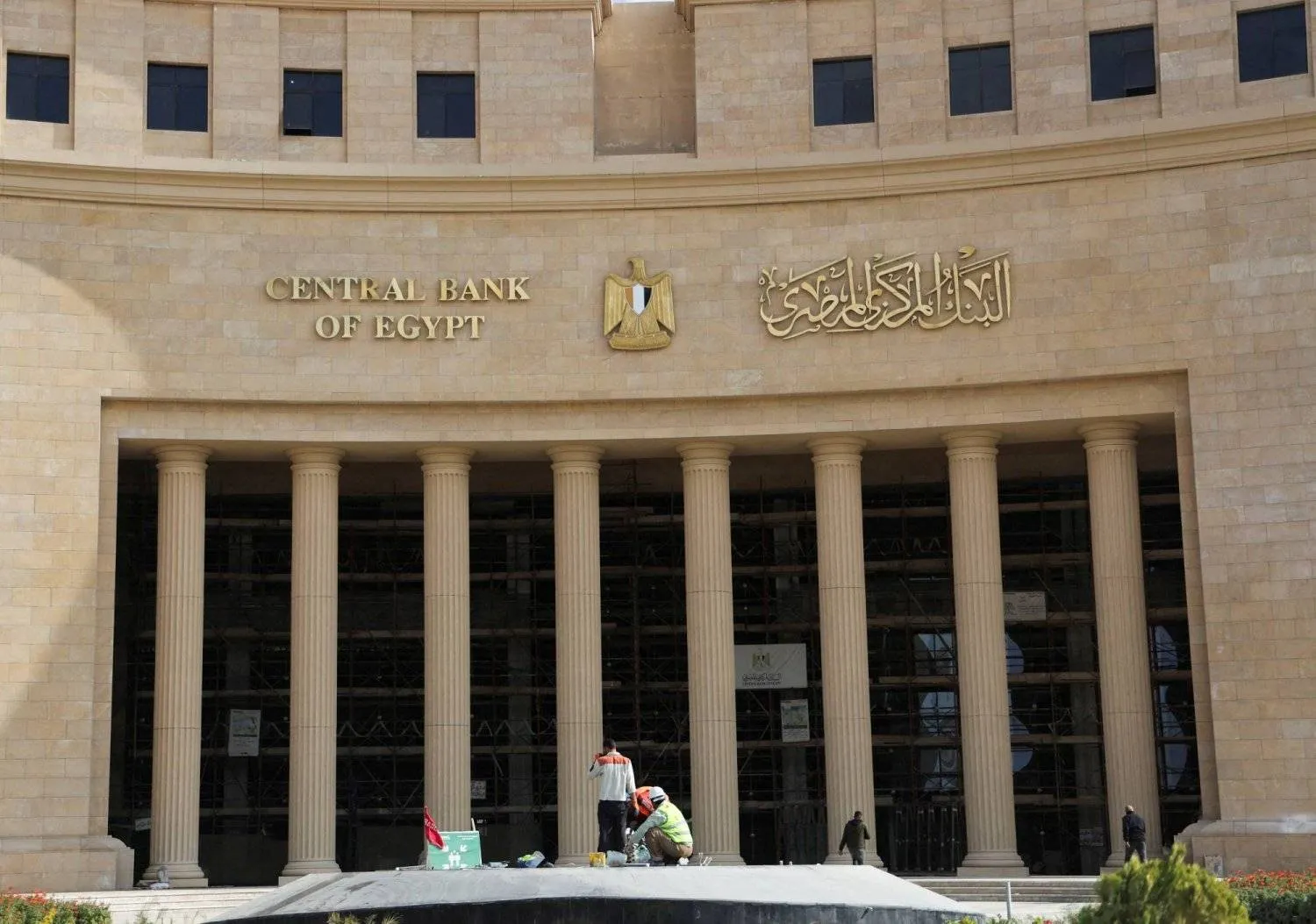Lending to the government by Egypt's central bank continued to climb in the last fiscal year, according to the central bank's newly released annual budget, even as inflation has slid from an all-time peak in September.
Central bank figures show "M1" money supply, which includes domestic currency in circulation and demand deposits in Egyptian pounds, jumped by 31.1% in the year to end-June 2024, after growing 33.4% in the fiscal year to end-June 2023 and 23.1% in fiscal 2021/22.
The sharp acceleration in money supply growth has come during four years in which Egypt's underlying economic weaknesses have been exposed by a series of shocks including the COVID-19 pandemic and the war in Ukraine.
Headline inflation, however, declined from a record 38.0% in September to 25.7% in July, Reuters reported.
"If anything, M1 money supply in percent year-on-year terms has slowed from its peak of nearly 50% in February, which may be adding to the momentum of price changes (such as the decline in food inflation) in driving the headline rate of inflation in Egypt down over the course of this year," James Swanston of Capital Economics said.
As of the end of June, the central bank had 1.36 trillion Egyptian pounds outstanding in securities purchased from the finance ministry, up from 1.09 trillion a year earlier, according to its budget, released on Tuesday.
These included 940.3 billion pounds in local currency bonds purchased from the finance ministry as of end-June, up from 818.9 billion pounds in June 2023.
Egypt pledged to the International Monetary Fund in an $8 billion financial support agreement signed in March that it would reduce central bank lending to the government.
Egypt also promised that the central bank would stop sidestepping the finance ministry by lending hundreds of billions of pounds to other government agencies.
Such lending fell to 766.8 billion pounds as of end-June from 887.6 billion pounds a year earlier, according to the central bank budget.
Egypt pledged to the IMF in June that it would reduce such borrowing by other government agencies by 150 billion pounds by the end of June and by 100 billion pounds in subsequent years until it had fallen to zero.









